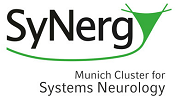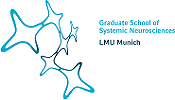The Center for Integrated Protein Science Munich, or CIPSM for short, is today regarded as the leading institution for protein research in Germany. The aim of the Cluster of Excellence, which was established in 2006 and funded until 2019, is to provide a detailed and comprehensive picture of proteins - as isolated, cellular and molecularly networked substances. While the main focus has so far been on research into the molecular properties of proteins, the focus will now be more on their cellular functions and the chemical functionalisation of proteins for therapeutic and diagnostic applications. A broad spectrum of current chemical, biochemical, genetic and biophysical methods will be used for this purpose, with the cluster also aiming at the further and new development of methods.
more







